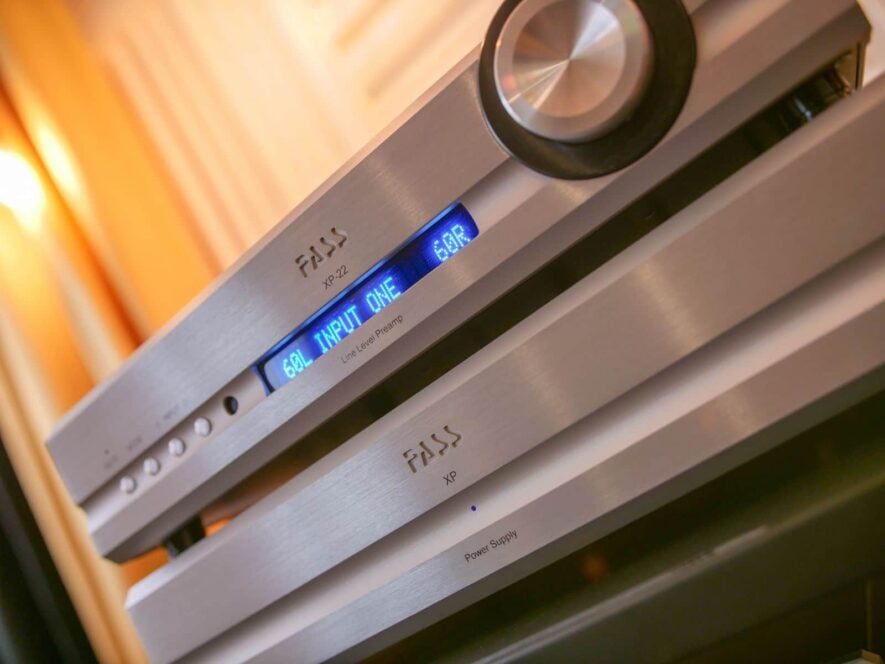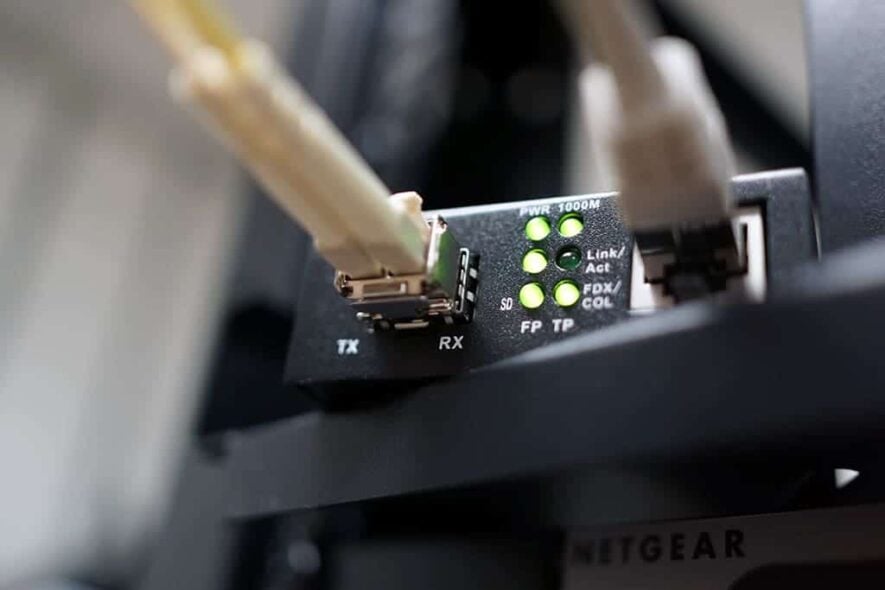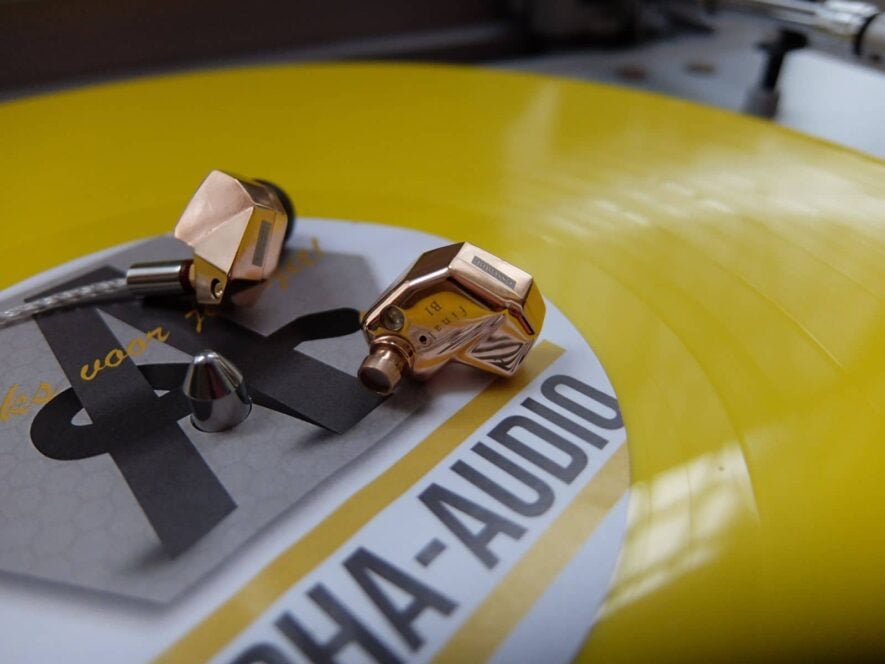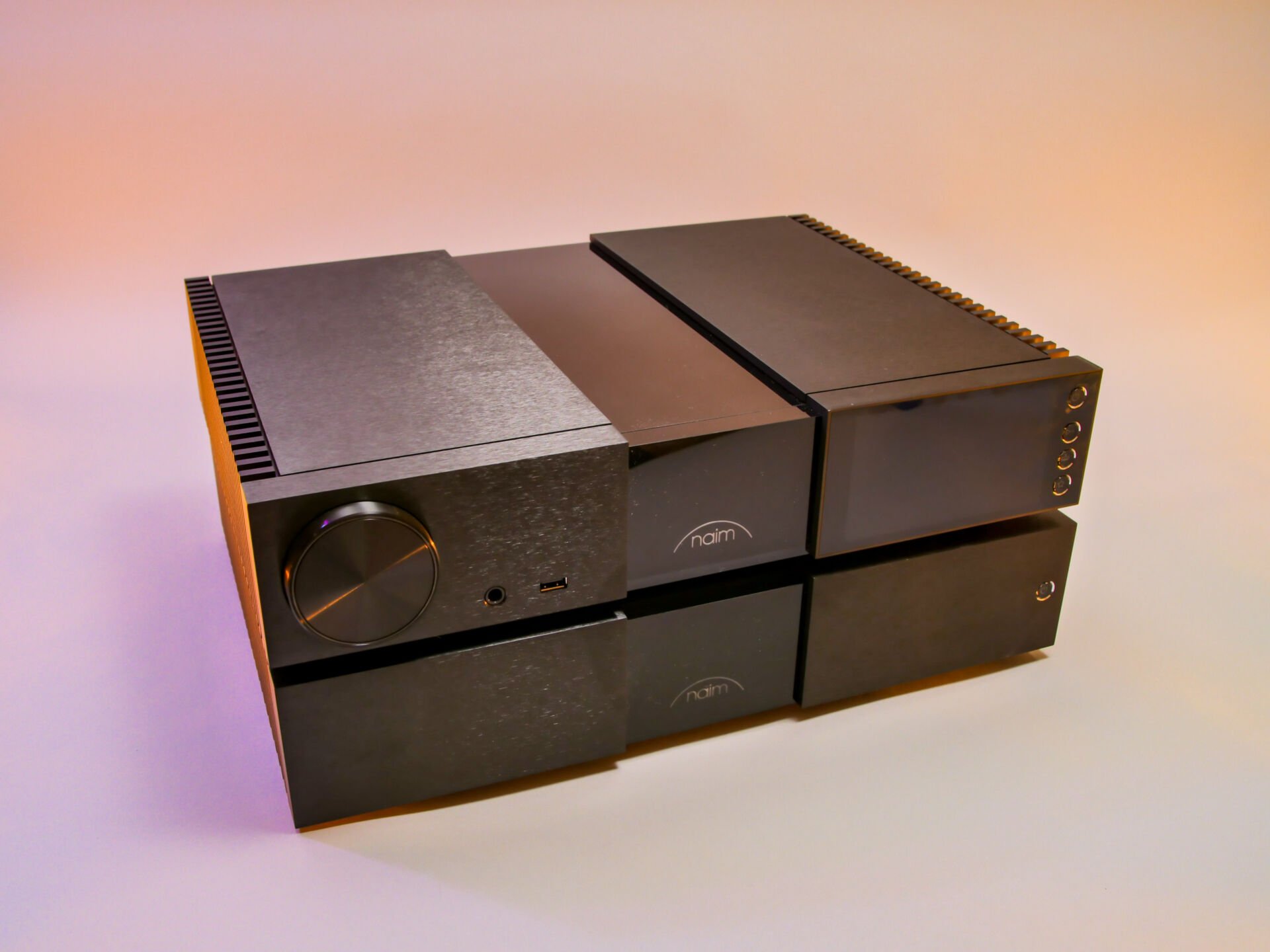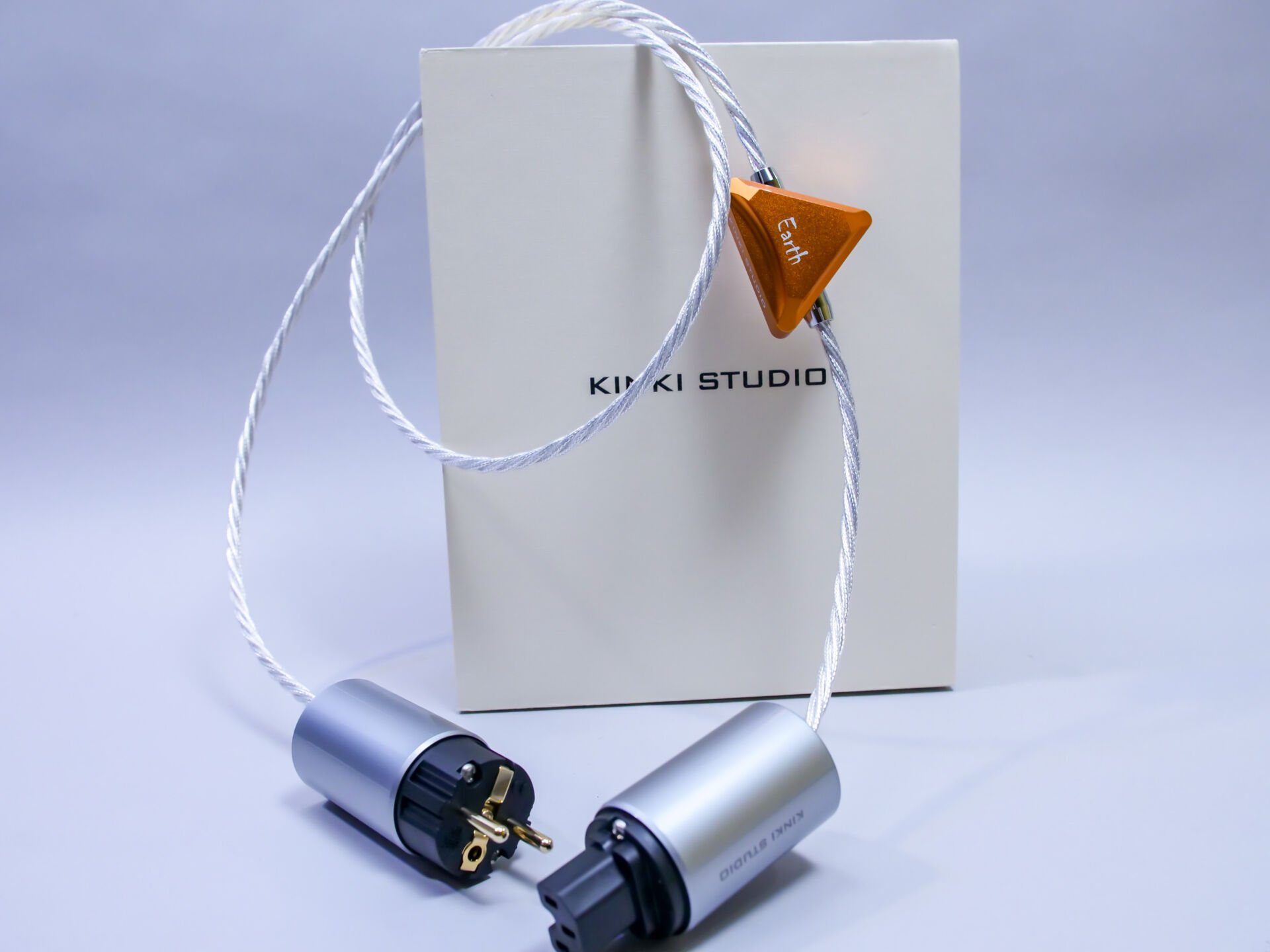

The keyboard lion
Contents
Beethoven was a formidable and celebrated pianist in his younger years. He was also a savage on the instrument, Beethoven getting everything out of the instrument in his compositions. Ronald Brautigam has recorded his 32 piano sonatas playing on a fortepiano.
The fortepiano is the forerunner of the grand piano we know today. If you hit the keys on a modern grand piano, from the lowest note to the highest note, with equal force, you hear an even sound over the entire range. With a fortepiano this is not the case. The low notes sound dark and a bit muddy, the highest notes like quicksilver.
Beethoven makes eager use of that character. Just listen to the ‘Allegro Con Brio’ of the third piano sonata. The designation ‘Con Brio’ means lively or fervently performed. The fast passages, with much ‘violence’ in the basses sound like a gust of wind.
Beethoven’s late piano sonatas are considered among the most beautiful and also the most complex pieces of music written. The depth of this music is unprecedented, which also explains why every self-respecting pianist records these works, sometimes more than once. Listen to the last two works, opus 110 and 111. It is music that expresses the deepest human emotions. The despair, the hope, the mourning and the resignation are all clearly felt in the music. Many wonderful performances of this music can be found. Brautigam’s performance is certainly one of them.
Beethoven: The Complete Piano Sonatas – Ronald Brautigam (fortepiano), BIS, 2005
Beyond Chamber Music
Why do we even call chamber music chamber music? In the podcast, that becomes clear. Here’s the thing: in Beethoven’s time, the nobility was looking for entertainment. In addition to entertainment, music was also used to fêt guests or to compete for favors with higher-ranking nobility. Many nobles were bored to death and played music themselves as a pastime. Streaming services did not yet exist, so you would order music from a composer and perform it yourself or have it performed at a ‘salon’, a high-society party.
Beethoven earned his daily living from piano lessons and from commissions for salon music. Beethoven often put some extra effort into these kinds of commissions, often with an underlying goal of getting something else done from his patrons. He also dedicated a lot of his work to people he wanted to please, people who admired him, or as a way of making amends when he was once again at odds with someone. In doing so, he left us a catalog of high quality work.
The Van Baerle Trio plays trios for violin, cello and piano. We’ll never know the quality of the musicians who first performed his work, but no doubt Beethoven would have been delighted with the world class that the Van Baerle Trio showcases. As a bonus, these are recordings that will meet with the approval of many an audio enthusiast.
Beethoven: Complete works for piano trio – Van Baerle Trio, Challenge Classics, 2020
Your Beethoven
Do you have a favorite Beethoven recording? If so, please share it in the comments. Because as Annie Lennox of the Eurythmics sings, “I love to listen to Beethoven”!

